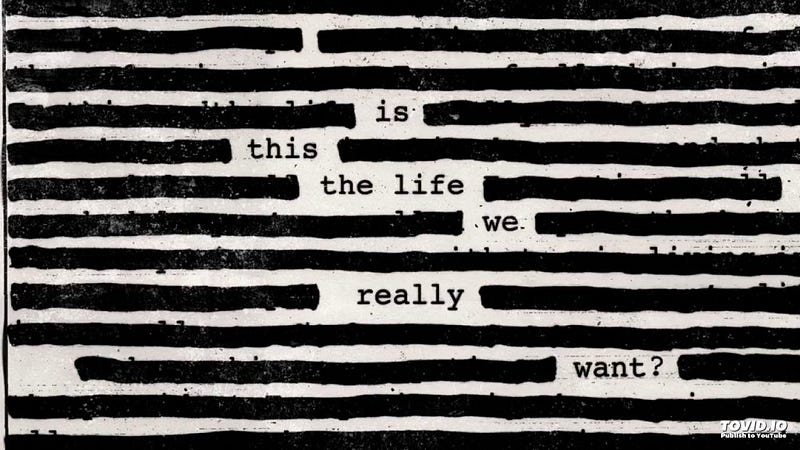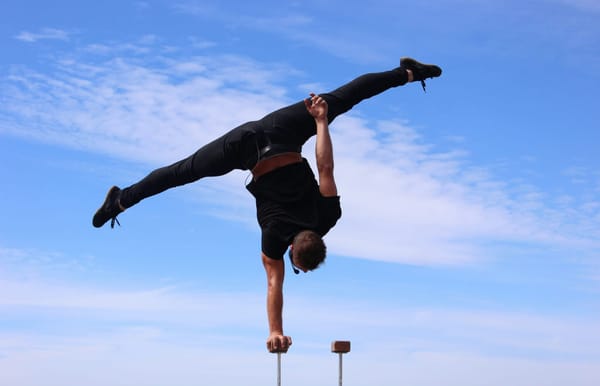On Going Offline, Sometimes
Regular readers will recall that I have dabbled at going offline before but never for a whole week. By offline, I mean: no smartphone, no…
Regular readers will recall that I have dabbled at going offline before but never for a whole week. By offline, I mean: no smartphone, no keyboard, no laptop or tablet. Television was allowed. Could I manage without taking a phone with me like a security blanket for grown-ups? If you have struggled to make it this far into the article without feeling the need to tweet or check your Facebook, congratulations. For everyone else, the answer is YES.
It turns out that it’s virtually impossible to permanently ditch the mobile. In the 1980s, people used to ask, in all seriousness, “Are you on the phone?” What this actually meant was, “What is your phone number?” because anyone answering “no” would never be seen or heard from again. Only gypsies and other ne’er-do-wells were disconnected, and we all know what happened to Maggie Tulliver with the gypsies. It is the same with the new generation of personal NSA tracking beacons.
Your bank needs it because their passwords are no longer enough. So, they make you buy a thousand-dollar handset just to make their money safe. Not yours, because you are insured. It’s them who you are protecting, at your own expense. Your email provider may request a mobile number in order to text you a 4-digit code if they don’t like the look of whoever is trying to hack your account in Russia. Again, a thousand dollars to protect their reputation. It’s easy to mock because nobody noticed. You’re working for free for Facebook and Google. You’re paying 50 or 100 dollars a month to help your bank. You may need it to stream music that you once owned on compact disc or tape, but now rent from someone else for ten dollars a month. It’s all a big joke and it’s time to turn the tables.
And so, I proceeded to Devon as if it were 1950. No phone. It was in my bag of course, just in case, but I didn’t really need it. When I did check my phone however I felt guilt and anxiety. Those feelings eased off as I checked the phone less often. By the end of the week, I couldn’t even find it.
Not only is it totally unnecessary to take your electronic babysitter everywhere you go, I believe it is unhealthy in ways which we are just starting to understand. They are not benign helpers, but they are geared to shift our behaviour and motivate us to check our feeds and spend our money at every opportunity. It has become so easy to spend money that sometimes you do it without realising. Your finger is nudged by the person sat next to you, your cold hand fails to register a press, so you jab again. Whoops! You just bought an app you didn’t need. Never mind. It was only $2.99.
I don’t yet have the science to back up my claims. It doesn’t exist. Who would pay for it? Only the people who would lose money if we suddenly left our phones at home.
A week later and, after a (very) few missed calls that turned out to be sales related anyway, I have come through the withdrawal. I can’t tell you where the phone is, but anyway it is switched off. My contract runs out in November and I’m going to enjoy that final phone call before popping the cursed device into the sewer.
My attention span has increased so that I can now read novels again. I don’t consider tweeting every breath I take. I take pride that the ‘unread alerts’ indicator on Facebook is shooting up to a thousand. I consider it a score. The higher the better.
When I do open my emails, I do it at a desk with a laptop. I no longer feel stress, only pity for the senders who had to wait up to 12 hours for a response. My go-to response now is to delete first, worry later. Or never. If it was important, they’ll call me on my landline, which is off between 9pm and 9am. They can leave a message, which I might listen to.
Your phone was supposed to free you from the office and make a new kind of nomadic life possible but did your life change? If so, was it for the better?
I have new ideas that I didn’t have before. Two business ventures are showing green shoots of success. I am determined to stick to a less cluttered, more focused life. It won’t be easy. As any alcoholic will know, you become an outsider in a culture that is addicted (in this case, to mobile telephony), but don’t you remember what a phone is really for? Yes, long distance conversations. Not banking or music or reading or social media or twatchat. It was supposed to connect you to friends, not isolate you from them.
A man whom I have spent many hours listening to throughout my life is Roger Waters. He has something to say about just about everything, and he’s usually right. At least he thinks he is. His latest question, which I put to you, is this:-
Is this the life you really want?






